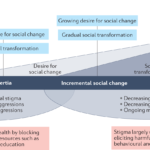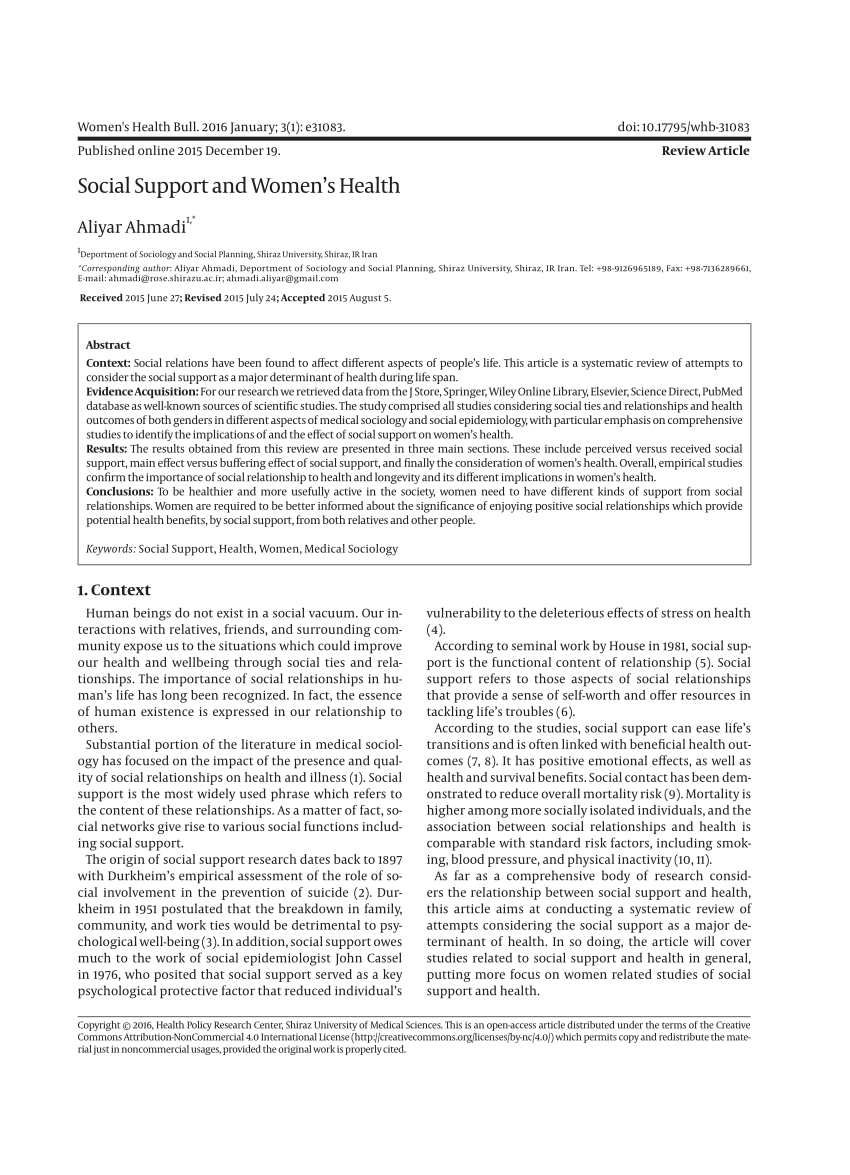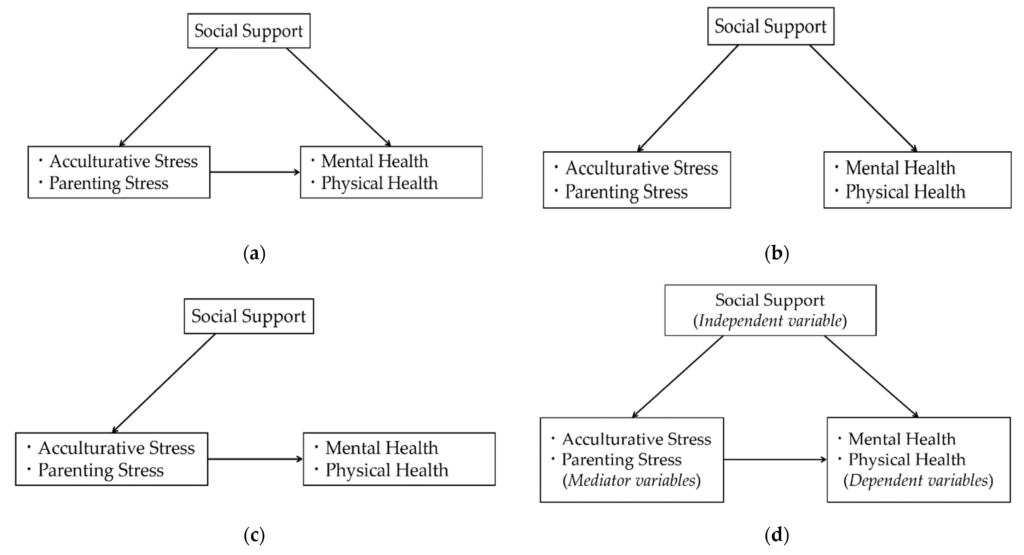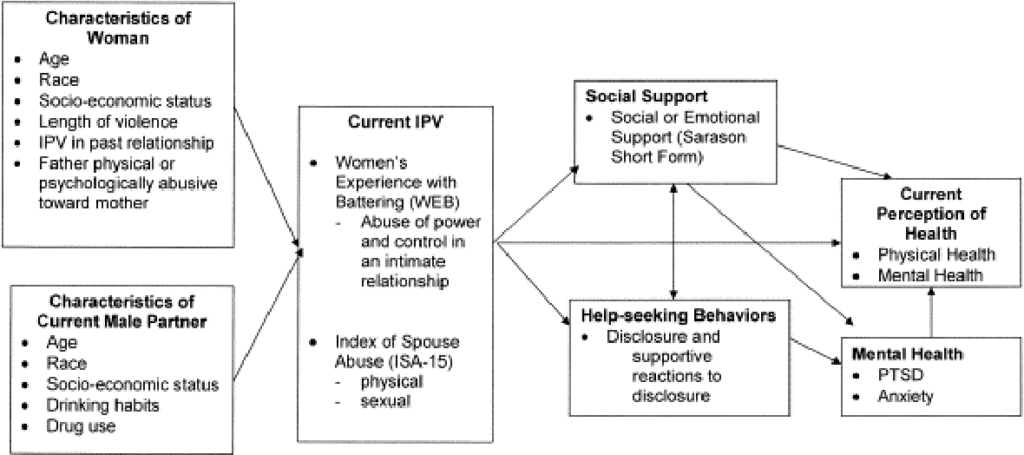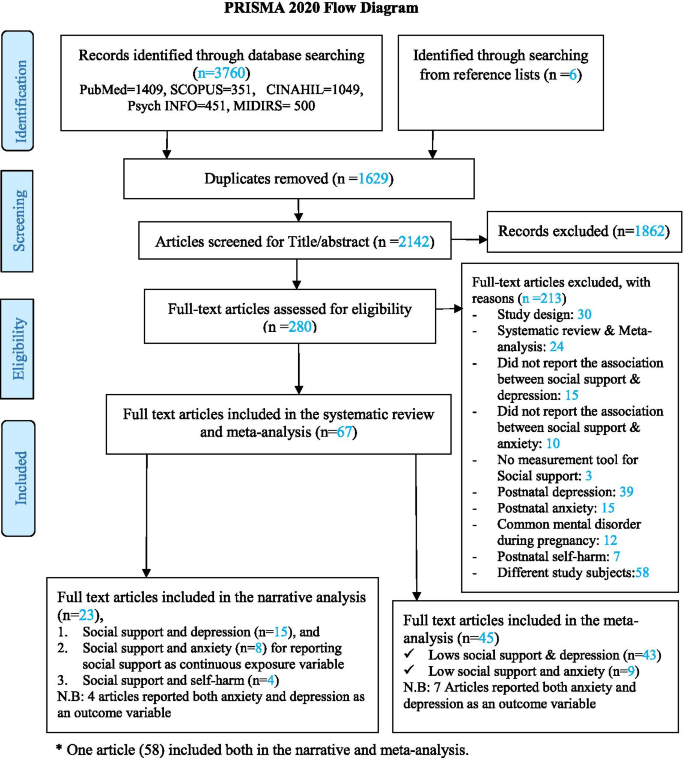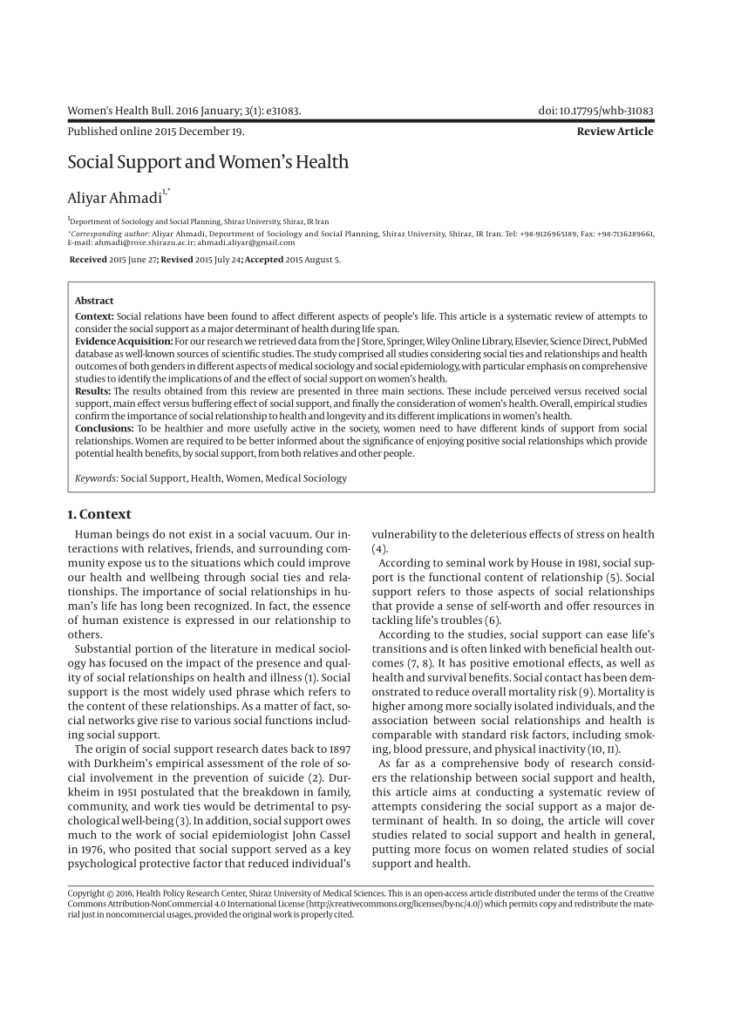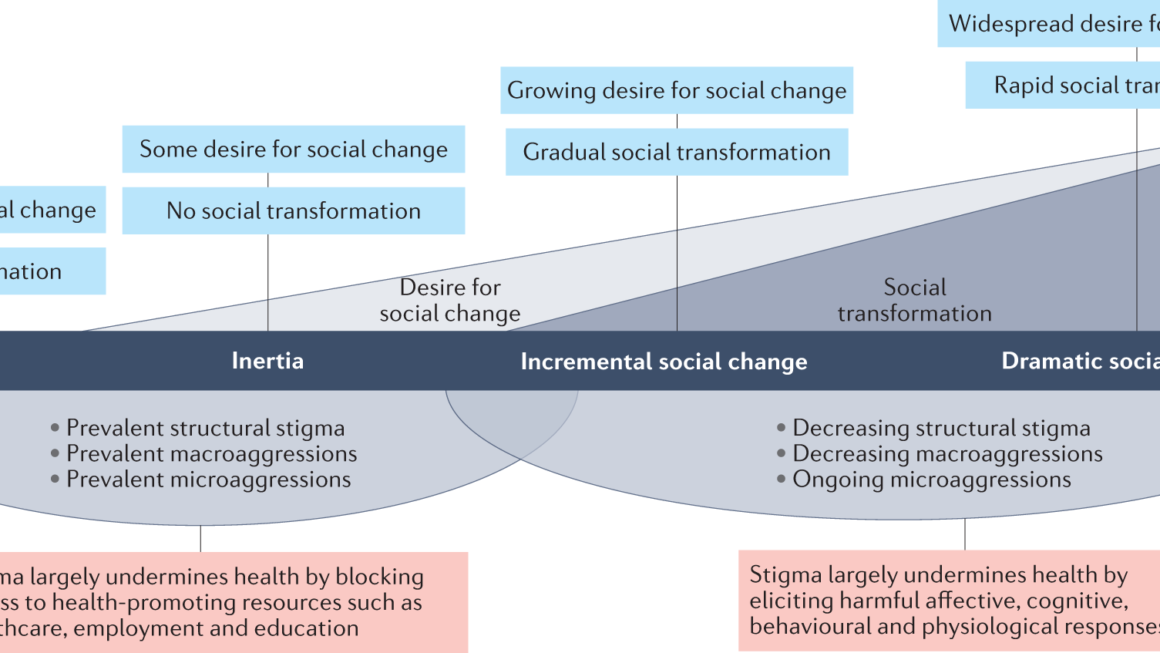Imagine a world where women feel empowered, supported, and uplifted in every aspect of their lives. This is not just an idyllic dream, but a reality that can be achieved through the power of social support. Research has shown that strong social networks and relationships can have a profound impact on women’s mental health. When women feel connected, understood, and loved by those around them, they are more likely to experience higher levels of happiness, lower rates of anxiety and depression, and an overall improved sense of well-being. In this article, we will explore the fascinating link between social support and women’s mental health, uncovering the various ways in which a strong support system can positively influence their lives.
The Importance of Social Support for Women’s Mental Health
Defining Social Support
Social support refers to the assistance, care, and understanding provided by family, friends, and communities to individuals facing challenging situations. It encompasses emotional, informational, and instrumental support. For women, social support serves as a crucial pillar in maintaining and improving their mental well-being.
Types of Social Support
There are various types of social support that women can benefit from. Emotional support involves providing empathy, understanding, and reassurance. Informational support entails sharing knowledge, advice, and resources. Instrumental support involves tangible assistance, such as help with daily tasks or financial aid. All three types of social support contribute to enhancing women’s mental health.
Benefits of Social Support for Women’s Mental Health
Social support plays a vital role in safeguarding women’s mental health and promoting resilience. Understanding the benefits of social support can shed light on why it is crucial in women’s lives.
Enhanced Coping and Resilience
Having a strong support network can empower women in coping with life’s challenges and adversities. When faced with stressors, such as work pressure, relationship conflicts, or parenting difficulties, women are more likely to exhibit resilient behaviors when they have access to social support. The presence of a supportive network provides them with a sense of reassurance and a safe space to express their emotions, promoting adaptive coping strategies.
Reduced Risk of Mental Health Disorders
Research consistently shows that women who have strong social support systems are at a lower risk of developing mental health disorders. Social support acts as a protective factor, buffering against the negative impact of stressors and reducing the likelihood of developing conditions such as anxiety and depression. The emotional support received from loved ones can mitigate feelings of loneliness, foster a sense of belonging, and enhance self-worth, thereby safeguarding women’s mental well-being.
Improved Treatment Outcomes
For women already diagnosed with mental health disorders, social support can significantly improve treatment outcomes. Individuals going through therapy or seeking professional help often benefit from the presence of a supportive network. Friends and family members can provide encouragement, motivation, and practical assistance, reinforcing the individual’s commitment to treatment and recovery. Social support can also reduce the stigma associated with mental health, making it easier for women to seek help and comply with treatment plans.
Factors Influencing the Impact of Social Support on Women’s Mental Health
While social support is unquestionably beneficial for women’s mental health, certain factors influence its effectiveness.
Quality of Social Support
The quality of social support received is crucial in determining its impact on women’s mental health. Support that is empathetic, non-judgmental, and respectful fosters emotional well-being, whereas negative or unsupportive interactions can exacerbate distress. It is essential for women to have reliable and understanding individuals in their lives who provide consistent and genuine support.
Size and Diversity of Social Network
The size and diversity of a woman’s social network also shape the impact of social support. Having a diverse range of relationships, including family members, friends, and colleagues, allows for a broader support system. Different individuals can offer unique perspectives, experiences, and resources, which can be particularly beneficial during challenging times. A larger network provides the opportunity for greater emotional, informational, and instrumental support.
Availability of Social Support
The availability of social support is another crucial factor. Women who lack access to social support systems or feel isolated may face additional challenges in managing their mental health. Limited or absent social support can lead to increased stress, decreased resilience, and higher vulnerability to mental health disorders. It is essential to cultivate and maintain meaningful connections to ensure the availability of social support when needed.
The Role of Social Norms and Stigma
Social norms and stigma surrounding mental health can influence the extent to which women seek and receive social support.
Cultural Perspectives
Different cultures may have varying views on mental health and social support. In some cultures, mental health issues are stigmatized, making it harder for women to openly discuss their struggles or seek support. Encouraging culturally sensitive conversations and debunking mental health myths can help ensure that social support is available and accessible to women from all cultural backgrounds.
Gender Stereotypes and Expectations
Societal gender stereotypes can also impact the provision and receipt of social support. Traditional gender roles often place heavier expectations on women to be caregivers and nurturers, potentially leading to higher emotional labor. It is crucial to challenge these stereotypes and foster an environment where both men and women can seek and provide support without the constraints of societal expectations.
Challenges and Barriers to Social Support for Women’s Mental Health
Despite the numerous benefits, women may face various challenges and barriers in accessing social support for their mental health.
Conclusion
Social support plays a crucial role in promoting women’s mental health. Enhanced coping and resilience, reduced risk of mental health disorders, and improved treatment outcomes are just a few of the benefits associated with social support. However, the quality, size, diversity, and availability of social support, as well as social norms and gender stereotypes, can significantly influence its impact. Recognizing and addressing these factors can ensure that women receive the support they need, fostering positive mental well-being and overall quality of life.
